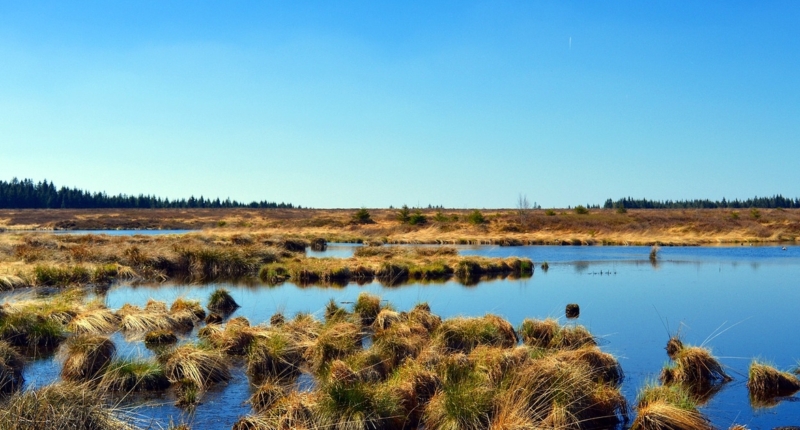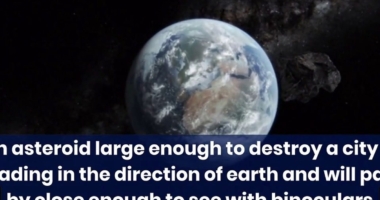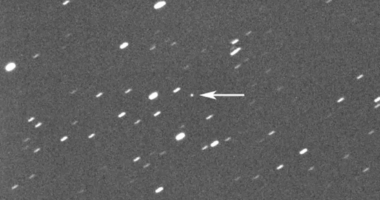Europe’s blanket bogs are unique peatlands that help to improve water quality, store water, and support biodiversity. However, researchers from Nottingham Trent University warn that wind farms could pose a threat to these rare ecosystems. The scientists studied the impacts of more than 640 wind turbines and over 250km of vehicle access tracks on blanket bogs in the European Union and the United Kingdom. They found that wind farms could negatively impact these ecosystems by adversely affecting their hydrology, ground-level conditions, and biodiversity. Peatlands are the planet’s largest terrestrial carbon store and serve as a natural carbon sink, accounting for more than a quarter of all terrestrial carbon. Many peatlands worldwide are being drained for development purposes, and blanket bogs in Europe have also been harmed by agricultural and other activities. The researchers emphasize the need to prioritize the study of blanket bogs to protect and restore them, and to site wind farms with great care to ensure that they do not harm local ecosystems.
Wind Farms Could Pose a Threat to Europe’s Blanket Bogs Ecosystems
Europe’s blanket bogs are rare peatlands that are found in upland areas with high rainfall and low temperatures. Due to their unique characteristics, they are often used as sites for wind farms. However, researchers from Nottingham Trent University warn that these installations could harm the local ecosystems.
According to the scientists, when left in their natural state, blanket bogs help to improve water quality, store water, and support biodiversity. The researchers examined more than 640 wind turbines and over 250km of vehicle access tracks on blanket bogs in the European Union and the United Kingdom. Their findings suggest that wind farms could negatively impact these ecosystems by adversely affecting their hydrology, ground-level conditions, and biodiversity.
Despite covering less than 3% of the planet’s land surface, peatlands serve as the planet’s largest terrestrial carbon store and a natural carbon sink, accounting for more than a quarter of all terrestrial carbon. However, many peatlands worldwide are being drained for development purposes. Blanket bogs in Europe have also been harmed by agricultural and other activities, and wind farms could add to these peatlands’ troubles.
The researchers emphasize the need to prioritize the study of blanket bogs and to review the national inventories of this habitat across Europe to protect and restore them. They argue that while renewable energy adoption is a priority, siting wind farms should be done with great care to ensure that they do not harm local ecosystems.
Don’t miss interesting posts on Famousbio










